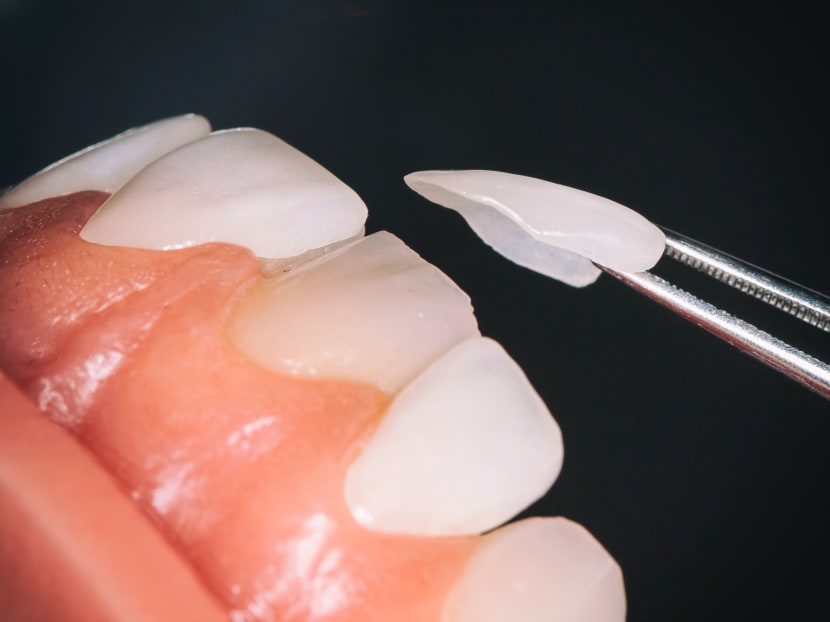Up to 72 National Dental Centre patients treated with partially sterilised instruments
SINGAPORE — Up to 72 patients at the National Dental Centre Singapore (NDCS) received treatment with instruments that were not fully sterilised, the centre said on Monday (June 12) in response to media queries.

Up to 72 patients at the National Dental Centre Singapore received treatment with instruments that did not go through the final step of disinfection, said the centre. Photo: unsplash.com
SINGAPORE — Up to 72 patients at the National Dental Centre Singapore (NDCS) received treatment with instruments that were not fully sterilised, the centre said on Monday (June 12) in response to media queries.
The instruments — such as probes, mirrors and orthodontic pliers — had gone through machine washing and thermal disinfection, but had not completed the final step of steam sterilisation before they were used for dental treatment on June 5 and 6 at its specialist outpatient clinics on levels 2, 4 and 6.
On June 5, a staff member discovered there were some packs of dental instruments that did not carry markings that showed they had gone through steam sterilisation. Efforts were then made to recall the instruments from the outpatient clinics.
However, 72 packs of instruments had already been used by the next day. The number of patients who received treatment with the affected instruments could be fewer than 72, as some patients may use more than one pack.
The NDCS is contacting the 714 patients who visited the outpatient clinics on the two days.
The centre said the risk of infection is “extremely low” given that the first two steps of the sterilisation process remove 99.99 per cent of organisms, including viruses, as well as the nature of treatment at the outpatient clinics. Instruments are heated at 90°C for five minutes during thermal disinfection, the centre said. The final step of steam sterilisation destroys bacterial spores.
NDCS director Poon Choy Yoke said: “We deeply regret this incident and sincerely apologise to our patients for the lapse and any anxiety caused. We have taken immediate steps to strengthen our processes and ensure the safety of all patients in our care.”
In reply to queries from TODAY, the centre said that one type of bacterial spores that would be killed by steam sterilisation is clostridium perfringens, a gut bacteria occasionally found in the mouth cavity. Patients typically recover within a week if it causes symptoms similar to those experienced in food poisoning.
The other type of spores is clostridium tetani that causes tetanus, which is very rare in Singapore. The majority of Singaporeans are vaccinated for tetanus, and if patients do not show tetanus symptoms such as muscle stiffness and spasms within 21 days of a suspected episode of infection, they are unlikely to have been infected.
The centre is conducting a thorough review of the incident and processes, and it will determine if disciplinary action should be taken. Preliminary investigations show that “the origin of the incident was human error”, the centre said.
It has also put in place more controls to verify that the sterilisation cycle is completed for all instruments, and before starting operations on June 7, it has ensured that all dental instruments had been completely sterilised.
Two patients who received calls from the centre last week said they were told that they may go for a free blood test at the centre if they wish.
One patient, who did not want to be named, said the dentist did not tell her during the call what the signs of infection may be, but that the symptoms may surface in “a month or two”. She added that after some consideration, she had better go for the test. “The (centre) would not have offered this if the repercussions are not serious.”






